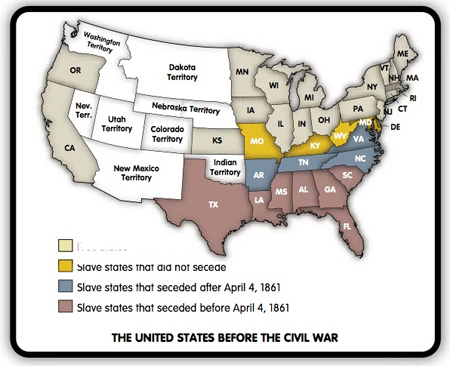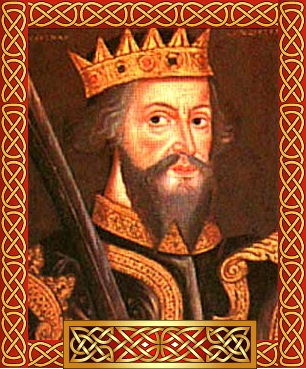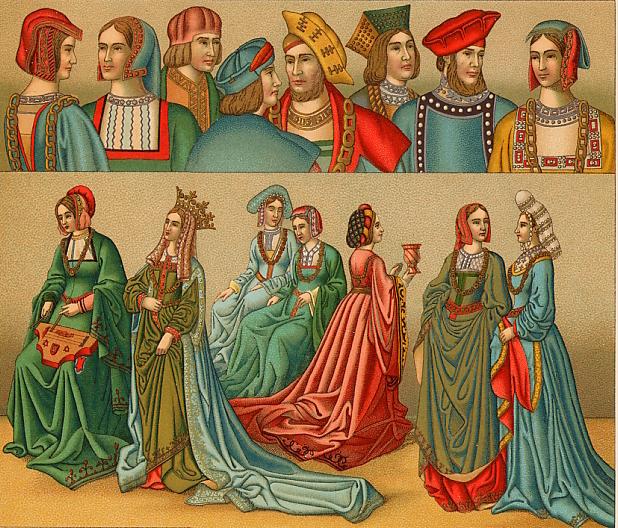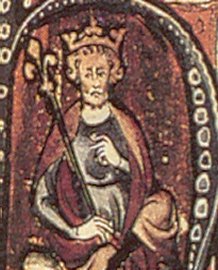1830
First National Negro Convention convenes in Philadelphia
1831
Nat Turner leads approximately 70 fellow slaves in a major slave rebellion in Southampton, Virginia; some 60 whites are killed before several state forces suppress the uprising; Turner and his followers are hanged; Thomas R. Gray edits and publishes The Confessions of Nat Turner
1832
Abolitionists led by William Lloyd Garrison form the New England Anti-Slavery Society in Boston; Garrison expands this organization into the American Anti-Slavery Societythe following year
1834
David Ruggles opens the first black bookstore and publishing company in New York City; he publishes the abolitionist pamphlet The “Extinguisher” Extinguished
1835
Free African Americans form a vigilance committee to assist fugitive slaves in New York City
1836
Alexander Twilight wins a seat on the Vermont legislature, thereby becoming the first African American elected to a public office
Disenfranchisement of blacks continues: Arkansas (1836); Michigan (1837); Pennsylvania (1838); Texas (1845); Iowa (1846); New Jersey (1847); Wisconsin (1848); Minnesota (1858)
1837
First Anti-Slavery Convention of American Women meets in New York City; African Americans comprise 10 percent of membership
1838
David Ruggles edits and publishes the Mirror of Liberty, the first African American periodical in New York City
1839
John G. Birney organizes the Liberty Party, the first U.S. antislavery political party, in Warsaw, New York
1840
Total African American population reaches 2,873,648
1841
African American orator, writer, and abolitionist Frederick Douglass delivers his first antislavery speech in Nantucket, Massachusetts
1843
African American evangelist Sojourner Truth begins her abolitionist work
Henry Highland Garnet delivers his famous “Call to Rebellion” speech, advocating armed resistance against slavery, at the National Negro Convention in Buffalo, New York
1845
Macon Allen, the first African American admitted to the bar, starts law practice in Massachusetts
Frederick Douglass publishes Narrative of the Life of Frederick Douglass, the first of three autobiographies
1847
Frederick Douglass, Martin R. Delany, and William C. Nell publish the North Star, an influential antislavery newspaper
1848
Antislavery politicians organize the Free Soil Party to oppose the extension of slavery into western territories
1849
Harriet Tubman escapes slavery in Maryland; later, using the Underground Railroad— a hidden network of people, places, and modes of transportation used to provide fugitive slaves safe passage to the North and Canada—she returns to the South 19 times to convey 300 slaves to freedom
1850
Compromise of 1850 admits California into the Union as a free state but also toughens the 1793 Fugitive Slave Act, granting federal officials authority to apprehend and return runaway slaves who escape to free states and paying a reward for these services
Lucy Stanton Sessions becomes the first African American woman to graduate from a four-year college, Oberlin College in Ohio
1851
Brazil outlaws the slave trade
1852
Publication of Harriet Beecher Stowe’s sentimental antislavery novel Uncle Tom’s Cabin arouses sympathy for the abolitionist cause; it sells over 300,000 copies in the first year
1854
Rev. James A Healy becomes the first African American ordained a Catholic priest, at Notre Dame Cathedral in Paris, France; later, Healy becomes the first black Catholic bishop
1857
U.S. Supreme Court rules in Dred Scott v. Sanford that Scott cannot sue for his freedom while in a free state with his master, for a slave is the property of his or her slaveholder; this ruling denies citizenship to African Americans and extends the jurisdiction of slave-state laws to include the Northern states
1858
Abraham Lincoln gains national recognition as an antislavery candidate during his unsuccessful campaign for the U.S. Senate
1859
Harriet Wilson publishes the first African American novel,Our Nig, or Sketches from the Life of a Freed Black
Militant white abolitionist John Brown, with a band of black and white rebels, unsuccessfully raids a federal arsenal at Harper’s Ferry, Virginia; Brown and others are hanged
Credit: sparknotes












